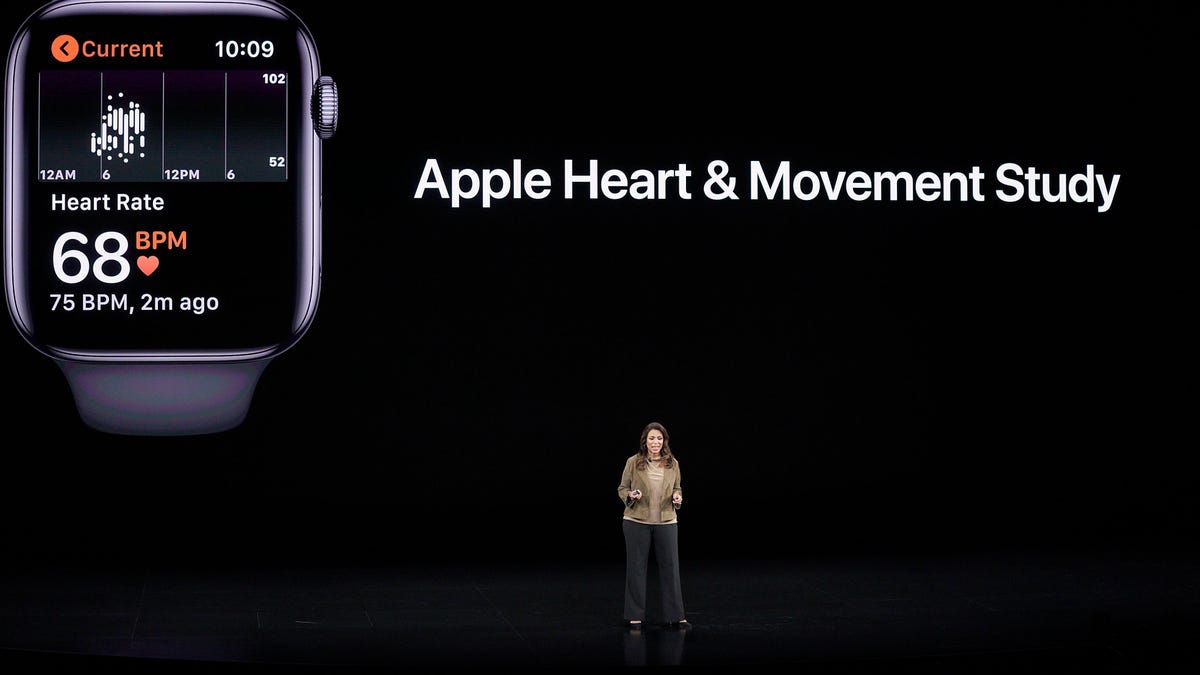Apple Testing Secret Health Care Program with Doctors at Apple-Owned Clinics: Report Leave a comment

Apple has been quietly testing a program that would allow the tech company to provide primary health care service to patients with doctors employed by Apple at clinics also owned by Apple, according to a new report from the Wall Street Journal. The ambitious project, code-named Casper, was reportedly conceived in 2016, shortly after the Apple Watch was released in 2015.
Apple CEO Jeff Williams envisioned the health care project as something that would allow doctors and patients to be in more constant contact, according to the Journal, something he dubbed the “363″—apparently a reference to the fact that a typical person only seeing their doctor two times a year. Which is to say, people often only go to the doctor when something is wrong.
The Journal is quick to note that the new Apple clinic project is now “largely stalled” but that doesn’t mean it’s altogether dead.
From the Wall Street Journal:
The team decided one of the best ways to realize that vision was to provide a medical service of its own, said people familiar with the plan, linking data generated by Apple devices with virtual and in-person care provided by Apple doctors. Apple would offer primary care, but also continuous health monitoring as part of a subscription-based personalized health program, according to these people and the documents.
If Apple could prove that its combination of device sensors, software and services could improve people’s health and lower costs, the company could franchise the model to health systems and even other countries, according to the documents.
G/O Media may get a commission
Apple went to work testing the program with its own employees in California, according to the Journal, buying up clinics near its campus in Cupertino and hiring Dr. Sumbul Desai of Stanford University to head the project. But unnamed Apple employees who spoke with the Journal have complained that Dr. Desai doesn’t receive feedback very well. Those claims couldn’t be independently verified by Gizmodo.
Interestingly, it appears that many of the Apple employees who have signed up for the secret employee-only program haven’t been very engaged, according to the new report. One app produced by Dr. Desai’s team, called HealthHabit, which encourages people to set health goals with their doctor, has reportedly been used very little by people who download it.
As the Journal notes, Apple has put most of its energy into other health-based initiatives involving the Apple Watch. But this is far from the first time that people have imagined automated medicine could deliver better health outcomes. There were similar dreams in the 1960s and 1980s.
Apple did not immediately respond to Gizmodo’s inquiries about Casper early Wednesday. We’ll update this post if we hear back. You can read the new report in its entirety at the Wall Street Journal’s website.

